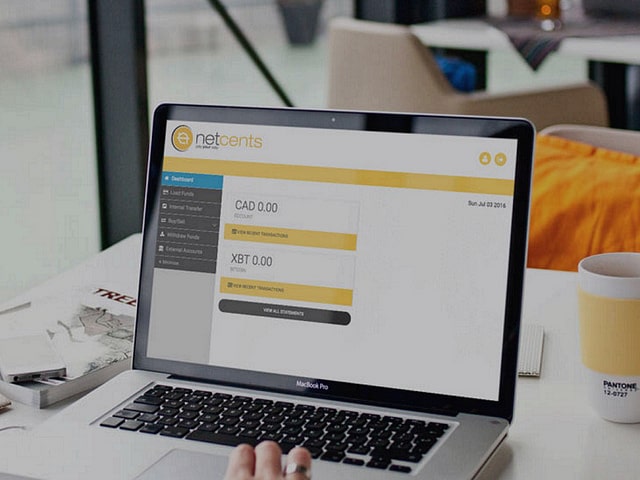
Blockchain for Beginners
What is blockchain technology? Do you know what it is used for? Before delving into this concept, you should know its origin, which dates back to 2008, and a group of programmers who worked under the pseudonym of Satoshi Nakamoto.
In fact, the beginning of the Blockchain takes place with the design of the first cryptocurrency. That is, Bitcoin.
This cryptocurrency was realized under the P2P or peer-to-peer protocol. However, the blockchain has developed over the years other applications. Find out more with our particular Blockchain guide for beginners: Types, uses, and benefits.
Blockchain: what is it and what is it for?
“Blockchain” designates a blockchain in a distributed database. That is a digital ledger, which is stored in different data.
Therefore, access to such data, to perform transactions, will not be possible on a single computer; it will be possible on different devices connected to the Internet.
On the other hand, an important feature of this blockchain technology is that the information cannot be erased. It will only be updated and always with the support of the vast majority of users accessing this ‘digital ledger’.
It should also be noted that blockchain is not only used in the financial sphere. In this beginner’s guide to blockchain, we will see later in which sectors or industries we can apply it.
How does blockchain work?
Do you know how blockchain technology works? We tell you in 3 steps:
- Transaction equals block
Each transaction collected in this digital ledger is recorded as a block of data. In each block, every movement made and information concerning it will be displayed. - The blocks are connected to each other
In effect, each block of information (in which each transaction is found) is connected with the previous block and the subsequent block, forming a data chain.
In addition, these blocks are linked in a completely secure way, in order to avoid alterations.
3 An irreversible chain or “blockchain”.
Each block verifies the previous block, creating an unbreakable chain of data: a blockchain.
This prevents anyone from altering the chain and creates a ledger in which the information is distributed among the different blocks.
Types of blockchain
Depending on the type of blockchain network, we can basically distinguish 3 types:
Public blockchains: as the name suggests, these are blockchain networks that are free to use. It is only necessary to have a computer and an internet connection. The most obvious example is Bitcoin itself.
Private blockchains: Their operation is similar to the first ones, but a single organization (such as a company) is in charge of managing the network. It is also in charge of providing access for participation and maintenance of the ledger. To participate, an invitation is required.
Hybrid blockchains: Finally, this type of blockchain network is a mixture of both types. To participate you need an invitation; however, transactions are public. In short, any user can view the transactions, but they cannot participate directly.

Why blockchain technology is important: Benefits
Blockchain offers immediate, transparent, and shared information. In this post about blockchain for beginners, we tell you about its main benefits:
- Reliability
This type of technology offers high efficiency and therefore high reliability. The ledger is shared among the different users and, therefore, time and actions are optimized. In addition, the rules called “smart contracts” are stored in the blockchain network, being executed in an automatic way.
On the other hand, it should be noted that the problems that have arisen with this type of network have not been caused by the software, but by malpractice or hacking.
- Security
Blockchain technology is secure. Why? Because it is open source, all users have the opportunity to modify it. Thus, if a hacker were to appear who wanted to alter something, the vast majority of users would be aware of it, so it is very difficult to hack a blockchain.
Moreover, being a blockchain, the information is distributed and not stored in a single point. Therefore, in the event of a malware attack, only a small part would be damaged, not the entire network.
- Trust
In the case of private blockchain networks, access is limited. In this way, the security of the network is preserved.
Only authorized members will have access to different information. This is very interesting for a private company.
- Agility
In the financial field, blockchain technology speeds up many steps. For example, when carrying out transactions. In an ordinary bank, it can take days, blockchain technology works 24 hours a day, 365 days a year.
- Cost reduction
Finally, blockchain technology serves to reduce a company’s costs. There are no intermediaries, so payment is direct between individuals and companies.










